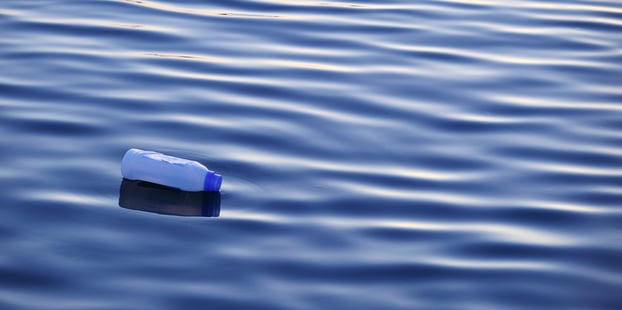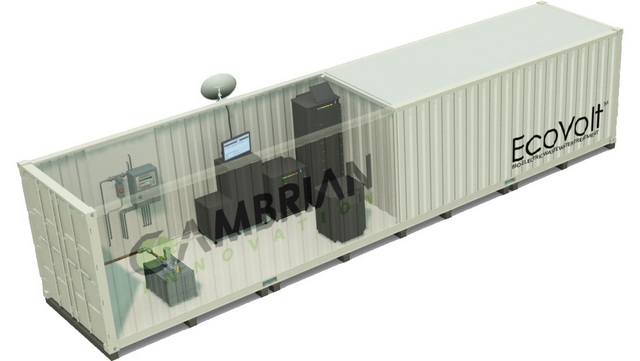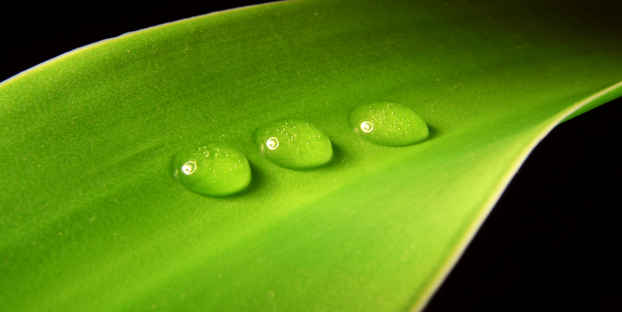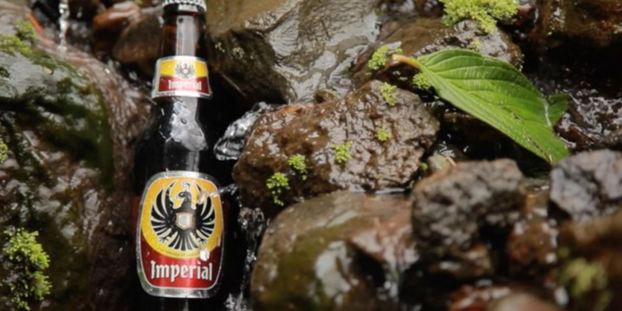To quote CBB bard Chris Crowell:
“Water is the largest component in beer but generally provides little or no flavor to the final product. As a result, some brewers move water quality down their priority list. Obviously, that is a mistake. Quality of water can have profound effects on the star flavor producers in beer: malt, hops and yeast. Take hardness and alkalinity for example. Water hardness is caused by the presence of metallic, positively charged ions in water, namely calcium and magnesium. Water with high concentrations of these ions is considered hard, while water with low concentrations of these ions is considered soft. Hard water may occur naturally based on the location and geology of the source water. Pilsen, Czech Republic, for example, is an area with historically soft water that is responsible for providing the soft hop flavor of traditional pilsners. Water hardness can be increased or decreased accordingly before using the water for brewing.”
Testing water — its hardness, its mineral content, its PH, its electrical conductivity and beyond — is an important process for any craft brewer, and unfortunately, it’s often an afterthought. That’s where companies like Ward Labs step in. The Kearney, Nebraska-based company is an agriculture testing laboratory, providing tests for (among other things) beer makers across the globe looking to better understand their H20. The company was the focus of a recent feature in the Kearney Hub. From the article:
Last year, the lab tested almost 25,000 water samples.
“We’re trying to develop testing that everyone throughout the U.S. can use. It’s really driven by everybody not just a local influence,” said [Nick] Ward [president of Ward Labs]. Ward, who is also a part of the Association of Brewing Chemists.
To submit a test, users must fill a clean, plastic bottle from the water source then drop it off or mail it to Ward Labs at 4007 Cherry Ave. They also can order a water test kit on Ward Labs’ website at https://producers.wardlab.com. The test kit includes a water bottle, a submittal form and packaging with pre-paid labels. Results are typically returned within one to two days.
Ward Labs tests the mineral content in the water using a benchtop photometric analyzer specifically developed for food, beverage, water and soil testing called a Thermo Fisher Gallery Plus. The machine performs highly specific colorimetric, enzymatic and electrochemical measurements. Sounds fancy, right? Check the machine out here. The company also offers testing for soils, feed, plant tissue, wastewater, slurry, manure and fertilizers. It has a specific section of its site dedicated to Brewers Testing Services, which looks to only cost $27.25, and tests PH, hardness, alkalinity, sodium, calcium, magnesium and ever onward. Back to the article:
Ward Labs is also diving into the finished beer testing market. Customers can submit their brews to test the International Bitterness Units, the color and alcohol content. Like the water, Ward Labs can also test the beer for minerals.





Leave a Reply
You must be logged in to post a comment.